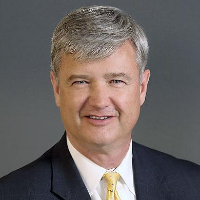Bloomingdale Misdemeanor Lawyer, Illinois
Sponsored Law Firm
-
 x
x

Click For More Info:
-
LaPapa Law Group
10704 S Western Ave Chicago, IL 60643» view mapAccident & Injury Law, Criminal Defense Changing Lives One Case At A Time
At LaPapa Law Group, we understand that life doesn’t always go as planned. We have the knowledge and experience needed to competently represent you in court.
800-694-2681
Scott F. Anderson
Criminal, DUI-DWI, Traffic, Felony, Misdemeanor
Illinois Criminal Defense Lawyer Fighting to Protect Your Rights
The Law Offices of Scott F. Anderson provides criminal defense representation throughout Cook County, Lake County, McHenry County and DuPage County. W... (more)
Timothy P. Martin
Criminal, Felony, Misdemeanor, Traffic, DUI-DWI
Status: In Good Standing Licensed: 31 Years
FREE CONSULTATION
CONTACTMichael P. O'Donnell
Criminal, DUI-DWI, Traffic, Felony, Misdemeanor
Status: In Good Standing Licensed: 21 Years
FREE CONSULTATION
CONTACTFREE CONSULTATION
CONTACT Gregory R. LaPapa Chicago, IL
Gregory R. LaPapa Chicago, IL Practice AreasExpertise
Practice AreasExpertise

